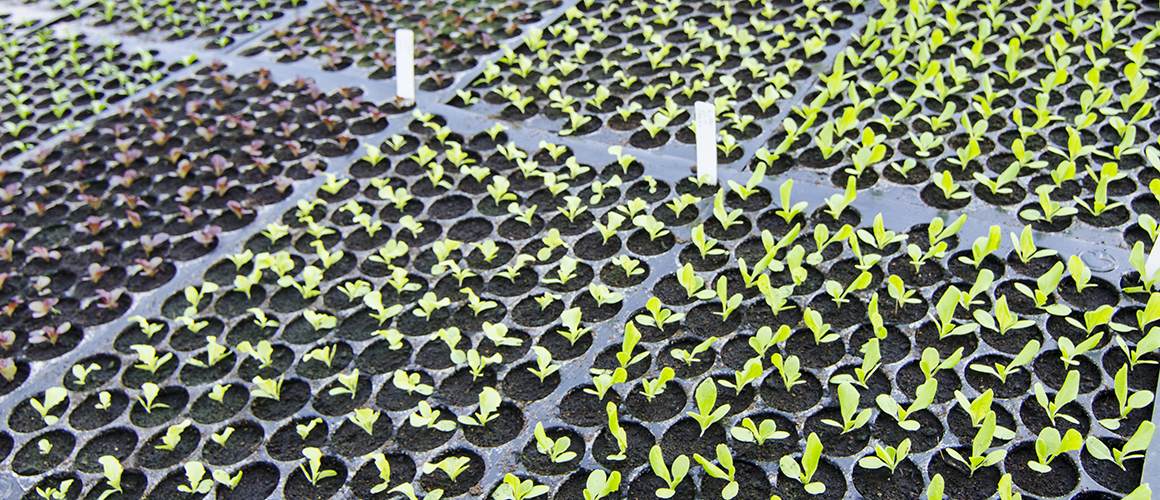Levy-funded project analyses opportunities for better seed viability
Vegetable crops that are field-established from seed, like corn, beans, carrots and spinach, need high-quality seed to avoid substandard crops and the waste of essential farm inputs – as well as an overall loss of investment.
To help growers and encourage collaboration between industry, scientists and seed producers, a levy-funded project has worked to identify on-farm issues relating to seed quality, with an end goal of optimising seed longevity and maximising the success of seedling establishment.
The project also reviewed emerging non-destructive and cost-effective technologies that can screen viable seed, with a view towards maximising germination and vigour of seedlings once planted.
Dr Jitka Kochanek, the University of Queensland’s Research Leader of the Plant Growth and Productivity Optimisation Laboratory, completed the project on behalf of Hort Innovation.
Dr Kochanek used the lessons from her research during the project to develop recommendations about research and development (R&D) programs that could help solve the seed quality challenges facing the Australian industry. These R&D activities have been divided into six pillars: germination, viability, ageing, emergence and vigour; seed-borne disease; varietal impurity; damage to seeds; seed mass, fill and density; and seed size, uniformity and shape.
You can read more about this project in the March/April 2018 edition of Vegenotes, where we interviewed Dr Kochanek about her work on the project and its major findings.
If you’re interested in reading the full final report from the project, you can access it through the InfoVeg database.
This post appeared in the AUSVEG Weekly Update published 22 May 2018. Subscribe to the Update using our online form to receive the latest industry news in your inbox every week!


